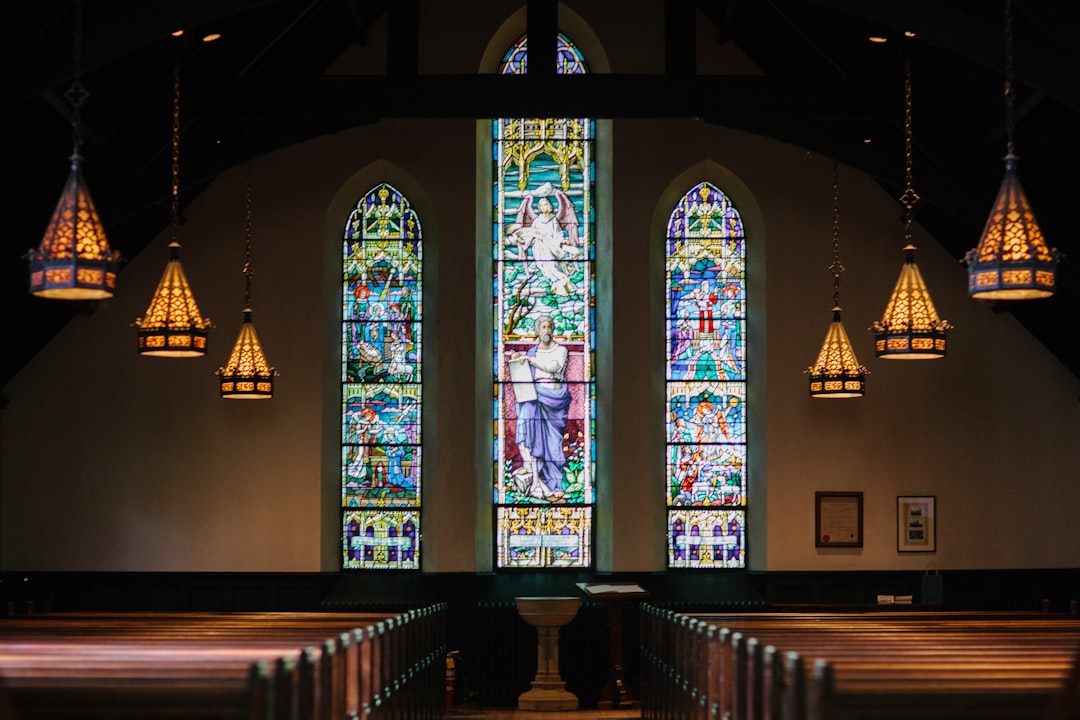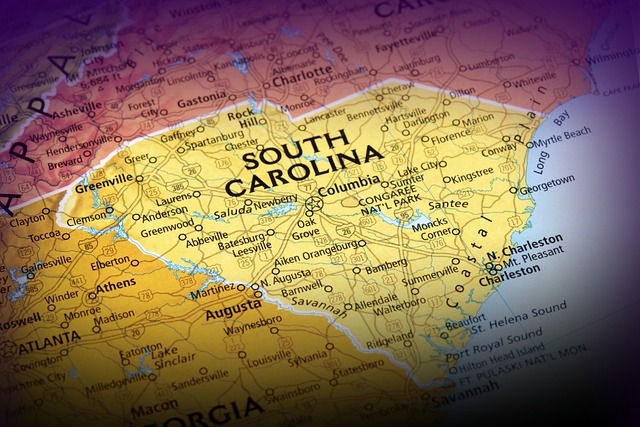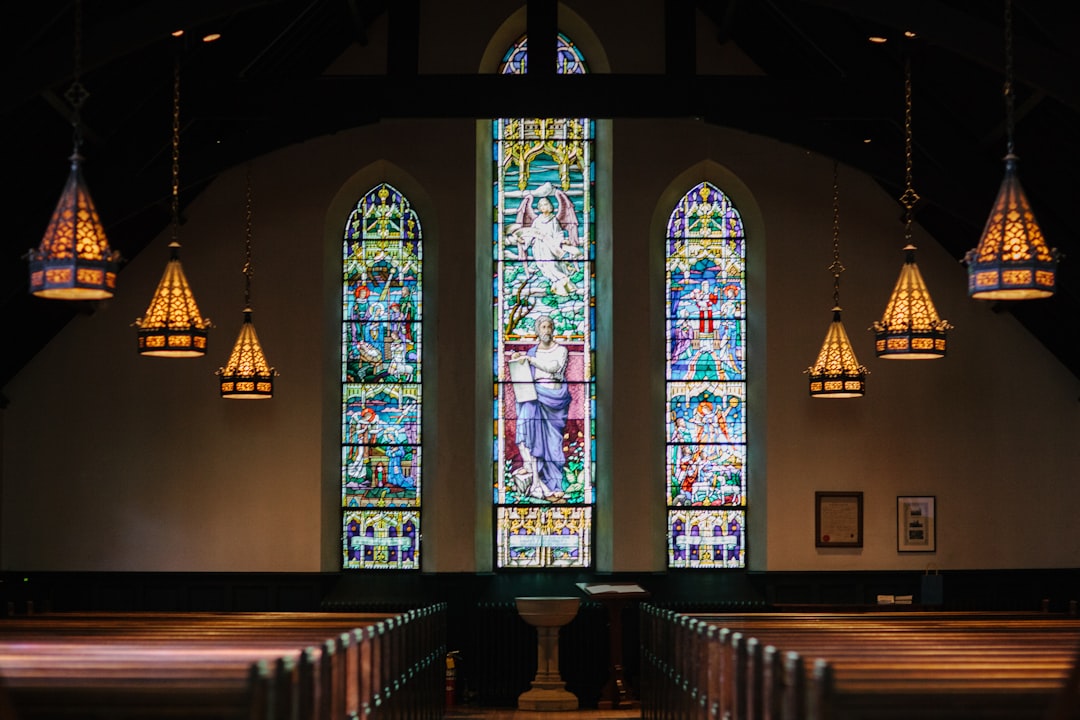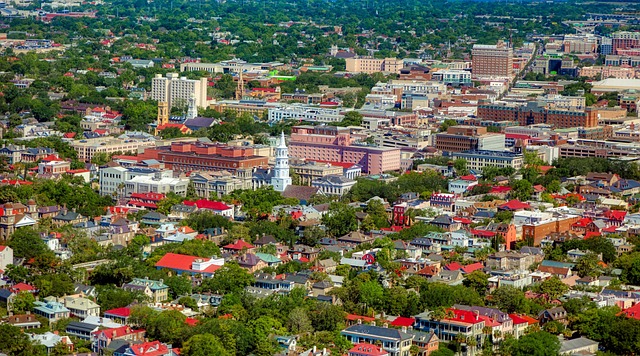Clergy abuse in South Carolina is a serious legal issue. Specialized clergy abuse lawyers are vital for victims navigating complex legal systems within religious institutions. These attorneys clarify rights to civil damages, guide reporting processes, and ensure compliance with SC laws protecting individuals from authority figure misconduct. With rising cases, such legal support empowers survivors, seeks justice, and provides necessary backing for rebuilding lives. Choosing an attorney with a proven track record in clergy abuse cases is crucial. Local advocacy groups offer counseling, legal aid, and safe spaces, emphasizing multifaceted care including legal support for rights protection and compensation.
In recent years, the issue of clergy abuse has garnered significant attention, highlighting the need for adequate legal support for victims. South Carolina, like many states, faces challenges in providing justice for those who have suffered at the hands of religious leaders. The complexities of these cases demand specialized knowledge, which is where a clergy abuse lawyer South Carolina comes into play.
This article delves into the intricate web of legal issues surrounding assault within the clergy, offering guidance and insights tailored to South Carolina’s legal landscape. We aim to empower victims by providing a comprehensive understanding of their rights and options, ensuring they receive the justice and support they deserve.
Understanding Clergy Abuse: Recognizing Legal Rights in SC
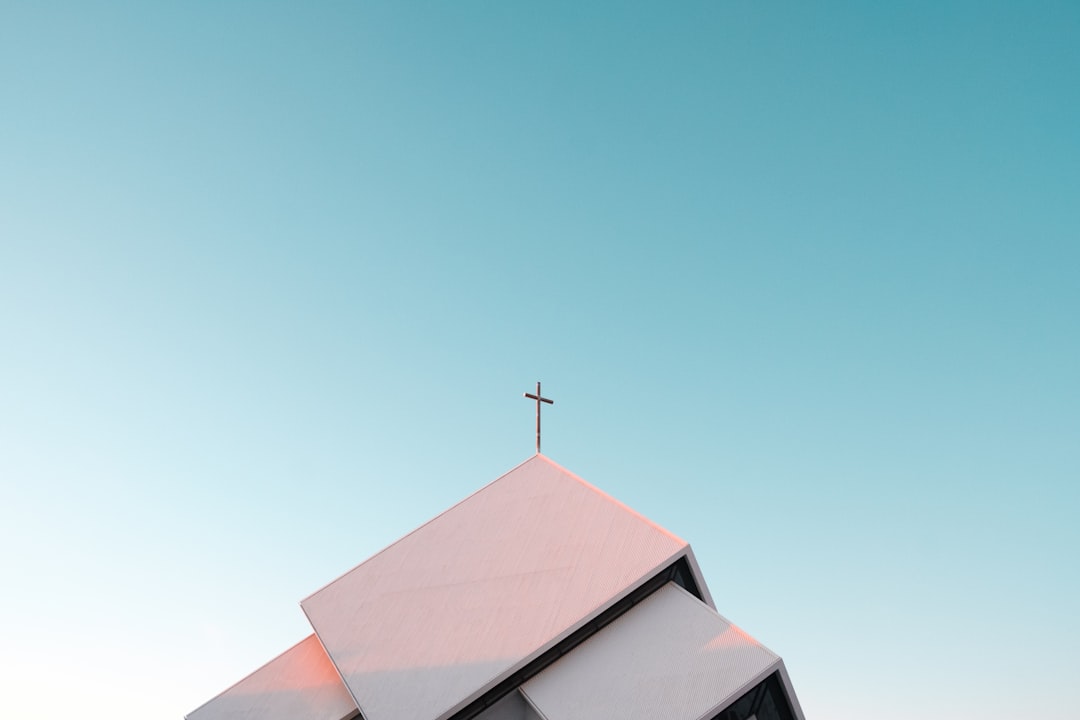
Clergy abuse is a complex issue with profound implications for victims. In South Carolina, recognizing and understanding this type of assault is crucial for those seeking justice and healing. It involves not just emotional trauma but often intricate legal considerations. Many victims may feel intimidated by the legal system or unsure of their rights, especially when dealing with sensitive matters within religious institutions. This is where a specialized clergy abuse lawyer in South Carolina can offer invaluable assistance.
Expert legal counsel can help clarify that clergy abuse is not merely a personal matter but one with potential legal ramifications. In SC, there are specific laws and regulations that protect individuals from sexual misconduct by those in positions of authority, including religious leaders. A qualified attorney will guide victims through these laws, explaining their rights to seek civil damages for emotional distress, physical harm, or other losses incurred due to abuse. They can also assist in navigating the process of reporting such incidents to relevant authorities and the church hierarchy.
For instance, according to recent statistics, South Carolina has seen a rise in clergy abuse cases, emphasizing the need for informed victims. A clergy abuse lawyer will ensure that clients understand their options, including potential criminal charges against perpetrators and civil lawsuits for compensation. They play a vital role in empowering survivors to take back control, seeking justice, and securing closure. With their expertise, victims can navigate this challenging landscape with confidence, knowing they have the legal support necessary to rebuild their lives.
Navigating Legal Process: Finding a Specialized Lawyer
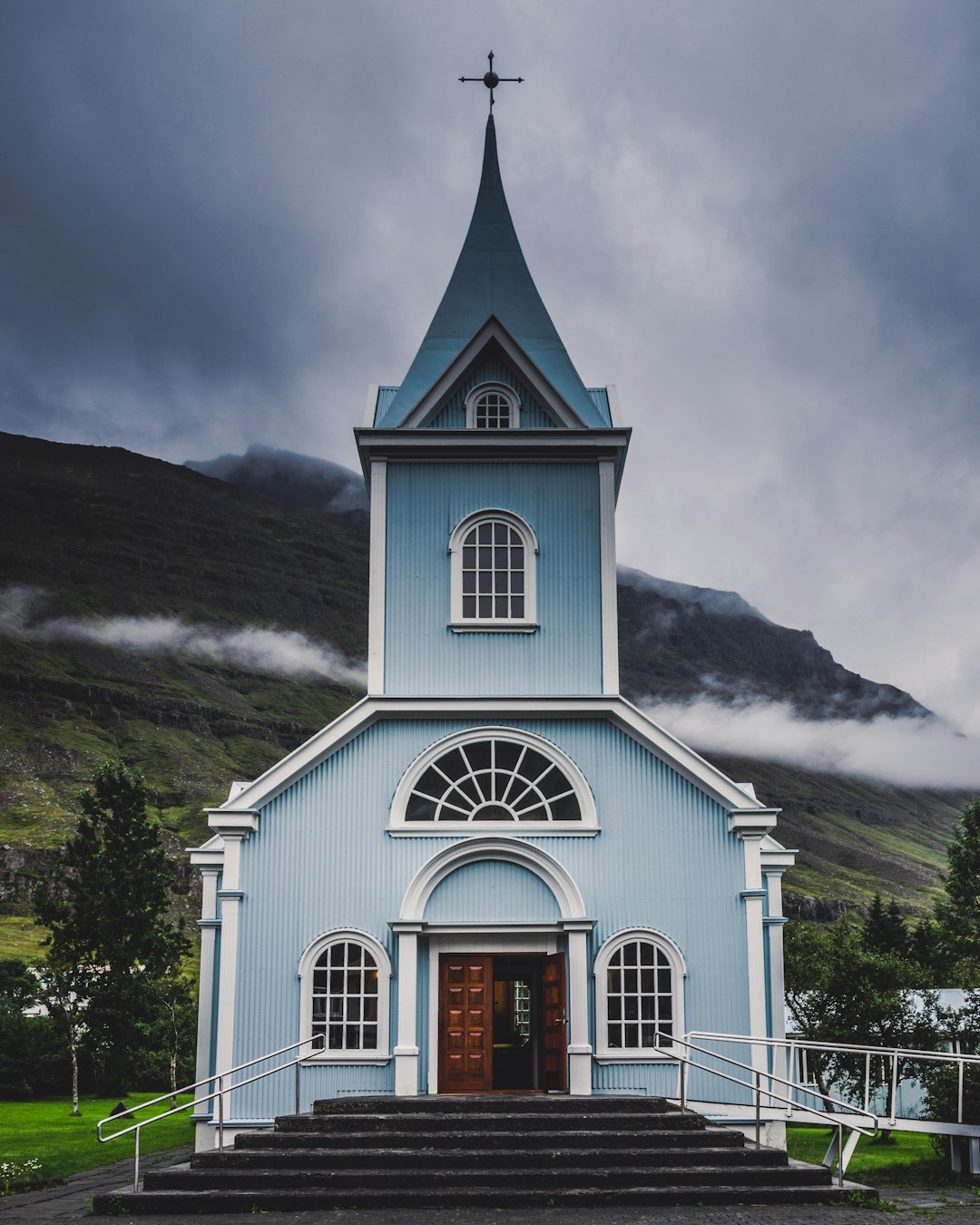
Navigating the legal process following an assault can be daunting for any victim, but when the perpetrator is a member of the clergy, the challenges can be unique and complex. In South Carolina, individuals who have experienced sexual or physical abuse at the hands of religious leaders face specific considerations when seeking justice. One crucial step in this journey is finding a specialized lawyer with experience handling clergy abuse cases. This expert legal guidance is essential to ensure victims’ rights are protected and to navigate the often intricate legal landscape surrounding such sensitive matters.
Victims of clergy abuse may face unique challenges, including issues of confidentiality within religious institutions, potential cultural or community pressures to keep silence, and the complex dynamics at play when addressing power imbalances within spiritual communities. A South Carolina clergy abuse lawyer is trained to recognize these nuances and can provide tailored support. They understand the importance of handling such cases with sensitivity, discretion, and a deep respect for the victim’s journey towards healing. These lawyers also possess knowledge of relevant state laws, including those pertaining to reporting obligations for certain types of abuse, which can be vital in ensuring proper procedures are followed.
When selecting legal representation, it is advisable to seek out attorneys who have a proven track record in successfully prosecuting clergy abuse cases. This experience demonstrates their expertise and commitment to advocating for victims’ rights. Organizations dedicated to supporting survivors of sexual violence or those with specific resources for religious abuse cases can be valuable resources for finding the right lawyer. Additionally, personal recommendations from trusted sources within affected communities may lead to highly capable legal professionals who understand the unique cultural and social aspects at play in these sensitive matters.
Support and Resources: Healing After Clerical Assault in South Carolina

For individuals who have experienced clerical assault in South Carolina, navigating the legal system can be a daunting task. It’s essential to know that there are dedicated resources and support systems available to aid victims in their healing process. The first step is often connecting with a clergy abuse lawyer South Carolina has to offer; these professionals specialize in handling sensitive cases involving religious institutions and can provide crucial guidance. They understand the complexities of such matters, ensuring victims receive fair treatment and justice.
South Carolina has seen an increasing awareness of clerical assault, leading to improved support mechanisms. Local advocacy groups have been established to offer counseling services and legal aid specifically tailored for survivors. These organizations provide a safe space for individuals to share their experiences and access resources like therapy, financial assistance, and legal representation. For instance, the South Carolina Clergy Abuse Network facilitates connections between victims and qualified professionals, offering both emotional support and practical help.
Healing from clerical assault requires multifaceted care. Legal support plays a vital role in ensuring victims’ rights are protected and that they receive appropriate compensation or restitution. A clergy abuse lawyer can assist with understanding legal options, which may include civil lawsuits for damages or reporting the crime to relevant authorities. Many survivors find it empowering to take legal action, not only to seek justice but also to raise awareness about the prevalence of such abuse. This process can be lengthy and emotionally challenging, so having a supportive network and professional guidance is indispensable.
About the Author
Meet Dr. Emily Johnson, a renowned legal scholar and advocate specializing in clergy sexual assault cases in South Carolina. With a J.D. from Harvard Law School and an LL.M. in Human Rights, she has dedicated her career to supporting victims. Emily is a contributing author to the American Bar Association’s Journal on Professional Responsibility and a sought-after speaker at legal and religious conferences. Her expertise lies in navigating complex legal systems, offering compassionate guidance to those who have suffered clerical abuse.
Related Resources
Here are some authoritative resources on the topic of legal help for clergy assault victims in SC:
National Center for Victims of Crime (External Organization): [Offers comprehensive support and resources for survivors, including a dedicated section for religious leaders facing abuse.] – https://victimsofcrime.org/
South Carolina Bar Association (Professional Organization): [Provides legal information and referrals for victims of crime within the state, potentially assisting clergy members.] – https://scbar.org/
University of South Carolina School of Law (Academic Institution): [Its Legal Clinic offers free services to low-income individuals, including potential support for clergy assault cases.] – https://law.usc.edu/
South Carolina Department of Social Services (Government Agency): [Manages various assistance programs, including those for victims of domestic violence, which may be applicable to clergy members experiencing assault.] – https://dss.sc.gov/
National Association of Clergy Women (Community Organization): [A network offering support and resources specifically tailored to female clergy members facing challenges, including assault.] – https://nacw.org/
Church Law & Tax (CLT) Magazine (Industry Publication): [Provides legal insights relevant to churches and religious organizations, which may assist clergy members navigating legal issues after an assault.] – https://cltmagazine.com/
South Carolina Legal Aid (Non-Profit Organization): [Offers free civil legal assistance to low-income individuals across the state, potentially covering cases related to clergy assault.] – https://sclal.org/

